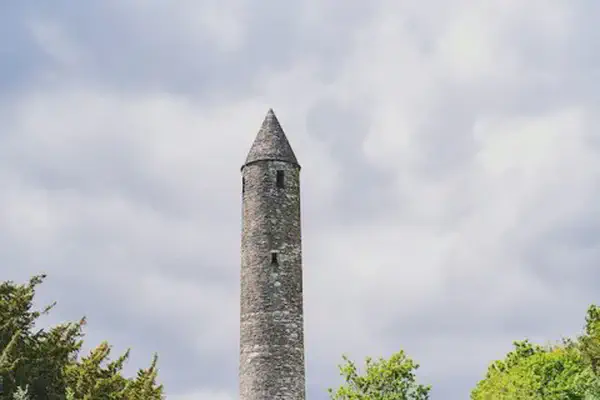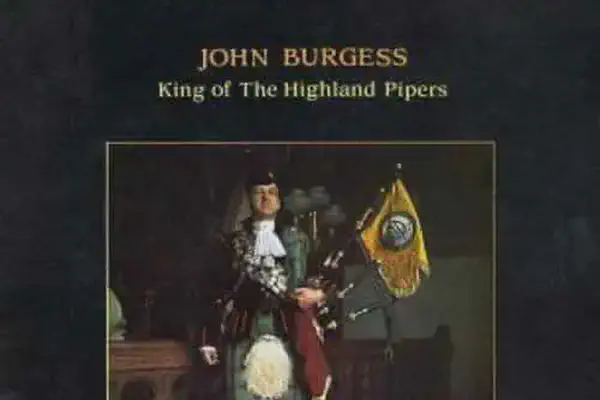On January 06, 1156 in Celtic History
Norse fleet defeated at the battle of the epiphany, scotland

In the 12th century the Norse hold on the Hebrides began to weaken, their sway had lasted 400 years. The collapse of the Vikings (Norse) was accelerated by the rise of Somerled, an Ulster - Scots warrior with the ability of a Genghis Khan. After minor victories over the Norse on land, Somerled managed to crush a fleet of 80 long ships at Epihpany in 1156.
The Battle of the Epiphany, also known as the Battle of Largs, took place in 1263 off the coast of Largs in Scotland and was part of the wider conflict between the Kingdom of Norway, led by King Haakon IV, and the Kingdom of Scotland. This naval battle is notable for being a significant engagement during the Scottish-Norwegian War.
Key points about the Battle of the Epiphany:
-
Conflict Background: The Scottish-Norwegian War of 1261-1266 arose from disputes over the sovereignty of the Hebrides and the Isle of Man. The Kingdom of Norway, under King Haakon IV, sought to assert control over these territories, which had been under Norse influence.
-
Battle at Largs: The Battle of Largs occurred in October 1263 when a Norwegian fleet, led by King Haakon IV, landed in Largs, on the west coast of Scotland. The battle took place in the context of a Norwegian attempt to consolidate control in the Hebrides.
-
Outcome: The battle ended inconclusively, with neither side achieving a clear victory. However, it marked the beginning of a series of events that eventually led to the withdrawal of the Norwegian forces from the Hebrides and the Isle of Man.
-
Treaty of Perth: In 1266, a treaty known as the Treaty of Perth was signed, ending the Scottish-Norwegian War. Under the terms of the treaty, the Hebrides and the Isle of Man were ceded to the Kingdom of Scotland, while Norway retained Orkney and Shetland.
The Battle of the Epiphany, or Battle of Largs, was a pivotal moment in the wider conflict between Scotland and Norway during the 13th century. While it did not produce a clear victor on the battlefield, it contributed to the diplomatic and territorial resolutions that ultimately favored Scotland in the ensuing Treaty of Perth.
Related Content

Shane Patrick Lysaght MacGowan, lead singer of the Pogues, died

St Machar Day, patron saint of Aberdeen

Oíche Shamhna - Cetlic New Year Eve (Halloween)

ALBAN ELFED (Welsh Bardic name for autumn equinox)

Feast day of St. James

John Davie Burgess, King of the Highland Pipers, died at age 71.